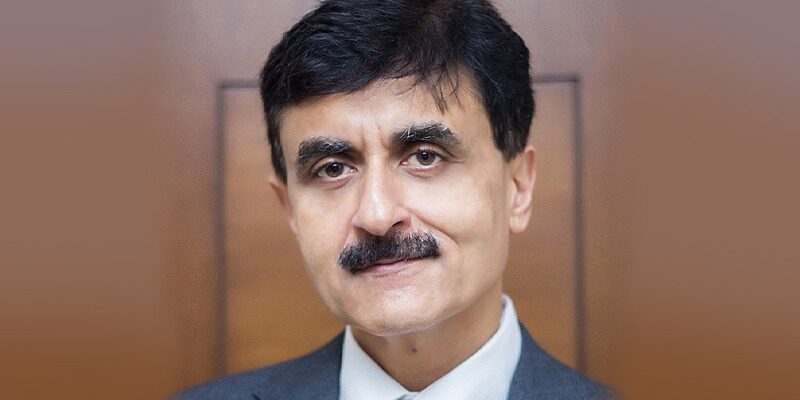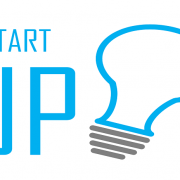~ Amit Chopra, Managing Director India & South Asia Thermo Fisher Scientific
We are on the cusp of a new era of transformation in healthcare, which is now central to economic-growth worldwide. Post pandemic, the industry continues to witness leaps in technological advancements and innovations, leading to a seismic shift from reactive to predictive and preventive medicine.
While disruptive technologies are redefining the future of healthcare, we need to bridge disparities and ensure equal and equitable access across society, regardless of socio-economic status or geographical location. As we celebrate the 75th World Health Day, there is a greater need for nations to commit to Health for All to build resilient ecosystems, reduce healthcare expenditures and promote economic growth.
WHO’s Triple Billion Targets – Working towards Health for All
The WHO is at the forefront of the movement to drive equitable and adequate health for all. To accelerate progress towards achieving health-related SDGs, the WHO implemented an ambitious initiative – The Triple Billion Targets, to improve the health of billions by 2023. The initiative focuses on measurable outcomes through evidence-based interventions, strengthened health information systems, and support for transformational public health policy. Despite progress since the 2018 baseline, several gaps remain. The WHO has now extended the initiative from 2023 to 2025. Member states are adopting several approaches such as implementing integrated data-driven delivery, promoting integrated platforms, applying digital health and ready-to-scale-up innovations, incentivizing partnerships and multisectoral collaboration, and obtaining innovative financing for public health.
New-generation technologies for enhanced patient outcomes
Healthcare in the last 75 years has taken a giant leap forward with the rapid adoption of technology and digitization improving both access and effectiveness for society around the world.
Scientific innovations are reshaping the healthcare sector, with a growing focus on molecular diagnostics, precision medicine and companion diagnostics. Predictive genomics, though at an early stage of adoption is changing the way healthcare will be delivered. Population genomics, carrier screening, and preemptive pharmacogenomics research are already beginning to reveal meaningful data that can help predict disease risk and potential drug response.
The global rise of Antimicrobial Resistance (AMR) is one of the biggest health challenges of our century and an important area of concern on the global health agenda. Combatting AMR requires strategies to promote the rational use of antibiotics, improve infection control practices, and strengthen surveillance and research on AMR. Culture-based Antimicrobial susceptibility testing (AST) and a range of molecular-based technologies are enabling experts to determine AMR while supporting global and regional antimicrobial stewardship.
Shift towards Biologics – developing new treatment pathways
The scope and scale of biopharmaceutical innovations are unprecedented. Monoclonal antibodies, cell and gene therapies for cancer treatment, mRNA therapeutics and vaccine development are areas driving the growth of this segment. Ongoing research is exploring the effectiveness of nucleic acid therapeutics as a protein-replacement therapy, particularly for rare diseases.
Digitization – the biggest technology disruptor
From telemedicine and remote monitoring to AI, ML and immersive technologies, digitization is enabling more robust analytics to drive efficient and effective treatment outcomes.
India’s efforts to promote Health for All
The Indian healthcare sector has had a remarkable journey in the last 75 years. India’s life expectancy has more than doubled, a positive indicator for human development. Communicable diseases such as malaria have significantly declined and according to the WHO’s World Malaria Report 2021, of the world’s 11 highest-burden countries, only India registered progress against malaria. India’s success in eradicating polio and smallpox and its efforts toward leprosy eradication are being modelled by other countries. And most recently, India’s fight against COVID-19 has been recognized globally.
Nationwide implementation of enabling policies, focused investments, strategies for driving ambitious targets, strengthening the innovation and manufacturing ecosystem and early adoption of new technologies, have also resulted in these noteworthy achievements.
Leveraging opportunities for a resilient healthcare ecosystem
The G20 Presidency opens the doors for India to shape the global health agenda and drive better access to healthcare. Investing in vaccine development, biotherapeutics and new-age diagnostics will remain top priorities for India. Enabling policies, fostering an ecosystem for innovation and enhancing industry-academia collaborations remain key strategies to address future health emergencies.
Thermo Fisher’s commitment to a healthier, cleaner and safer world
At Thermo Fisher Scientific, we work closely with our partners in the government, industry and academia to accelerate life-sciences research and the development of life-changing therapies. The work we do to enable our customers has an impact on society – improving patient outcomes.
Our efforts in India, are aligned with our Mission to enable our customers to make the world healthier, cleaner and safer. With our end-to-end workflows, we are playing a key role in simplifying the development pathway and accelerating our customers’ innovations from research to commercial success. Through our high-impact innovations, we are helping our customers enhance treatment outcomes ultimately leading to improved health.







